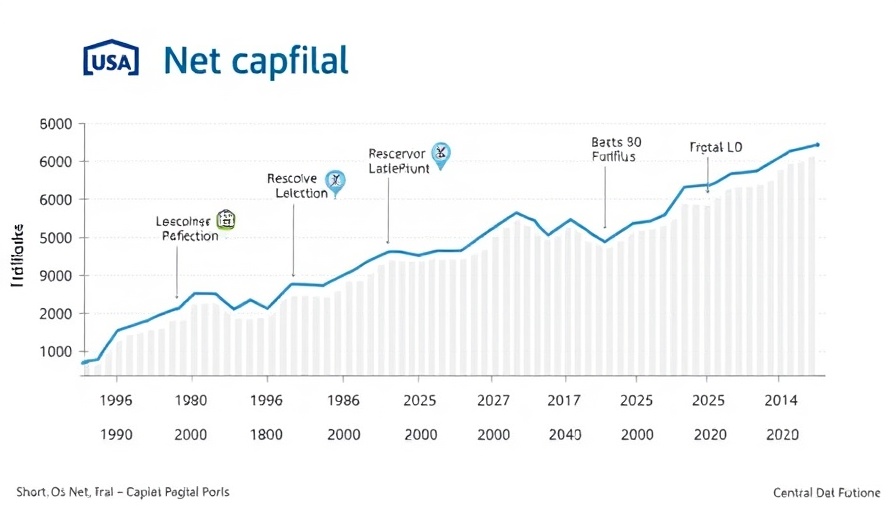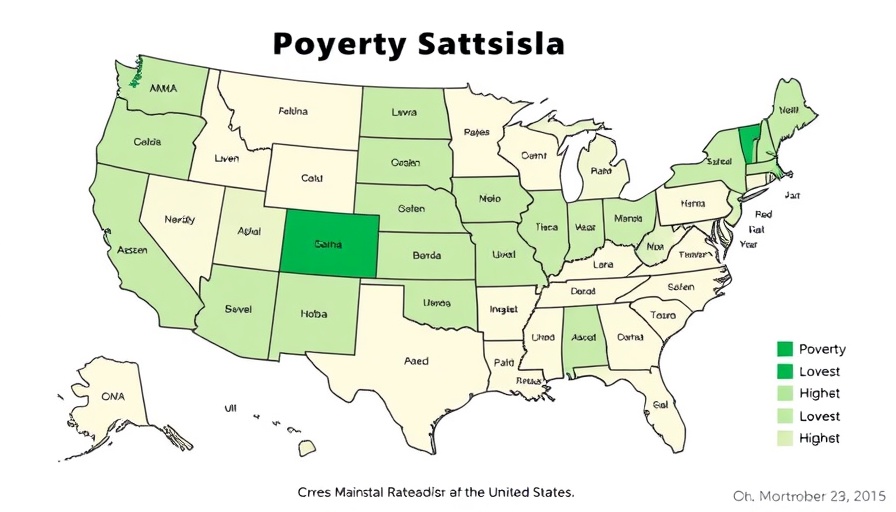
Understanding Economic Uncertainty: Insights from Philipp Carlsson-Szlezak
In recent conversations with Philipp Carlsson-Szlezak, the Global Chief Economist at BCG, a new narrative has emerged regarding the economy, especially amidst constant predictions of doom and gloom. As a figure deeply immersed in the world of macroeconomic analysis, Carlsson-Szlezak claimed that traditional models often lead to incorrect forecasts. This viewpoint resonates particularly well with top wage earners in Philadelphia, who need clarity amidst the noise of economic alerts surrounding inflation and recession.
Questioning the Model Mentality
One of Carlsson-Szlezak's central themes is the "Master Model Mentality," where economists lean heavily on existing models to forecast economic conditions, only to be met with disappointment when those predictions fail. He argues that the reliance on these models does not account for the unpredictable nature of a global economy marked by rapid changes. His perspective aligns with the increased skepticism towards traditional economic forecasting, highlighting the importance of adaptable thinking in any decision-making process, especially for business leaders.
False Alarms in Economic Forecasts
Over the past few years, predictions of impending recessions have often proven false, with the economy failing to collapse as forecasted. Carlsson-Szlezak criticizes the alarming narratives dominating headlines, pointing instead towards a more constructive view that urges economic stakeholders to remain grounded. For top earners concerned about their investments, focusing on the potential upsides rather than solely on the negative forecasts could prove invaluable.
Harnessing Technology: A Path to Productivity
A significant part of the economic landscape is the advent of technology and its role in driving productivity. While fear of job displacement by automation prevails, Carlsson-Szlezak emphasizes that technology can also deflate costs and enhance purchasing power. This duality offers hope for innovative business growth, suggesting that leaders who embrace technological advancements while remaining vigilant about their implications can navigate the complexities of the modern economy more effectively.
The Labor Market Landscape: Opportunities Amidst Uncertainty
Despite the prevalent narrative of crisis, Carlsson-Szlezak posits that a tight labor market can actually create opportunities for skilled professionals. For high earners in Philadelphia, this indicates a strong demand for talent across sectors, encouraging businesses to invest in their workforce through training and competitive compensation. In essence, those navigating this landscape should recognize the potential for success amid the complexities of today’s economic challenges.
As you explore these insights, consider how they may shape your approach to decision-making in this unpredictable landscape. By fostering flexible thinking and a broader understanding of economic factors, top wage earners can better position themselves for future success.
In navigating these turbulent economic waters, it’s crucial to remain informed. For those interested in diving deeper into Carlsson-Szlezak's concepts and their implications for the economy, I encourage you to explore his book, Shocks, Crises, and False Alarms.
 Add Row
Add Row  Add
Add 




Write A Comment